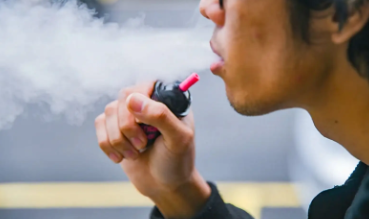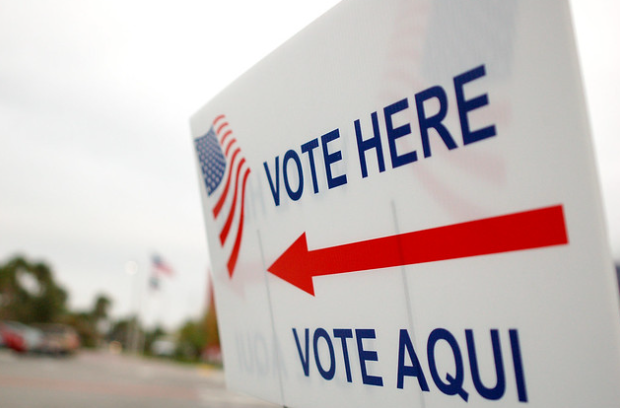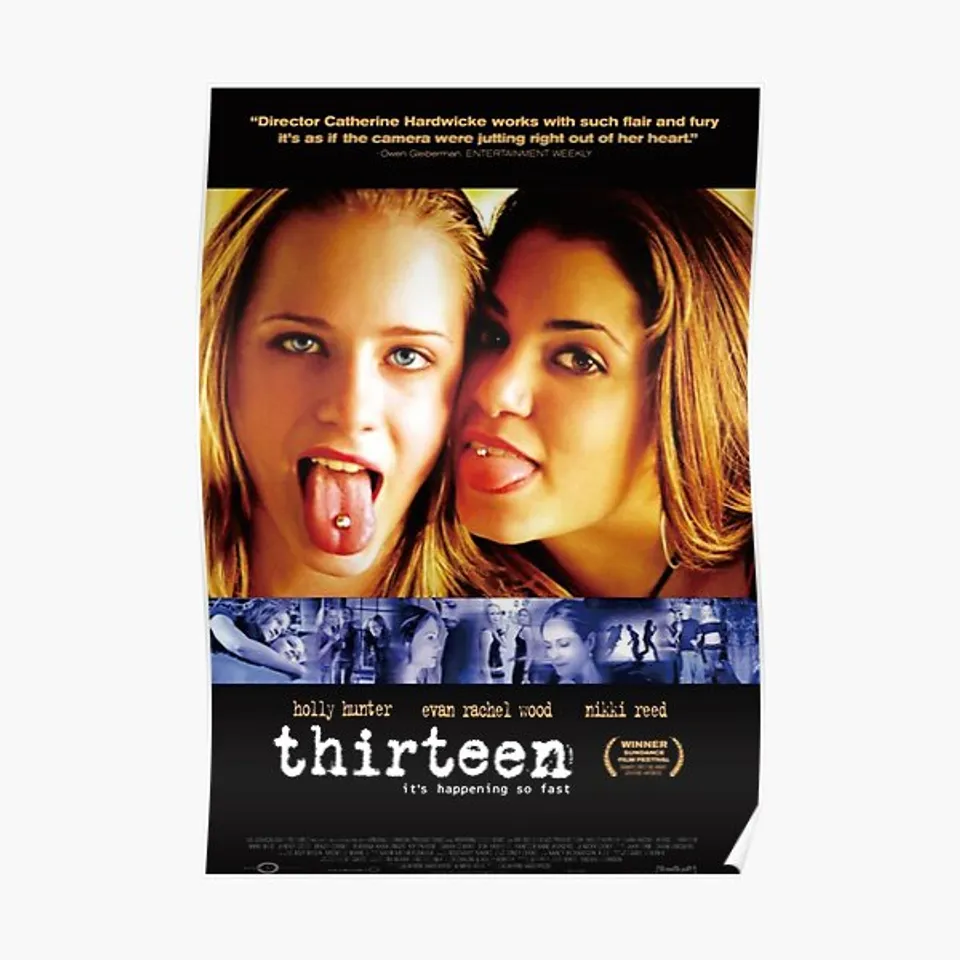How PTSD Is Portrayed in Perks of Being a Wallflower

Image via Wikipedia
January 26, 2023
The Perks of Being a Wallflower is both a 1999 novel, written by Stephen Chbosky, and a 2012 film. The plot follows a teenage boy, Charlie, who navigates the challenges of starting high school and dealing with mental illness. Charlie’s mental illnesses presented themselves in many ways, and he had many ways of coping with them.
The main mental illness Charlie suffered from is PTSD. His trauma
stems from being sexually abused by his aunt, who died when he was seven, as a child, and from his best friend committing suicide months before he started high school. The suicide of his best friend Micheal resulted in Charlie being hospitalized after trying to commit suicide himself. After being released from the hospital and starting at his new school is when the reader is introduced to Charlie, and his year of traumatically coming of age begins.
Subconsciously, Charlie coped with his trauma by dissociating. Dissociative amnesia is a condition that your brain manifests to protect you from traumatic or stressful events and memories by detaching that event or memory from reality, leaving you to not remember it happened. Charlie was sexually abused by his favorite aunt when he was younger. After she died and Charlie was starting high school, he only had fond memories of her and couldn’t remember ever being molested. Throughout the book, Charlie would have flashbacks of his aunt whenever something upset him. The flashbacks of his aunt vaguely corresponded with what upset him. The flashbacks first trigger when Charlie finds out about Micheal’s suicide. This traumatic event is what triggered the flashbacks of his aunt’s death, another traumatic event.
Charlie was very avoidant, often averting from places and things that might remind him of unwanted memories. Charlie also felt a lot of guilt. He felt guilty for his aunt’s death because she was driving to get him a birthday present when she was in the car crash that killed her. He also felt guilty for not doing anything when he saw his older sister’s boyfriend exhibiting abusive behavior.
Charlie’s trauma only made being a teenager even more difficult. Other than his older senior friends, Sam and Patrick, Charlie didn’t have any friends. He was socially awkward and often described himself as numb and unnoticed. He was overall an introvert: A wallflower.
To cope with his depression throughout the year, Charlie would often go to parties with Sam and Patrick. At these parties with older schoolmates, Charlie would smoke cigarettes and marijuana, drink alcohol, and do LSD. After he was introduced to it, he started smoking pot on his own time and using his own money to buy it. A less explicit way Charlie dealt with his mental illness was by reading. His English teacher gave him extra books to read and then write essays on.
Charlie struggles with mental illness throughout the whole book. From grieving Micheal’s death, to dealing with the guilt of his aunt’s death, to suddenly figuring out that his aunt had sexually abused him. PTSD and depression portray themselves in many ways and there are many things people do to cope with them. Charlie dealt with it in the best ways he could think of, even though his methods probably did more harm than good.
PTSD shows itself differently for everyone and the way it’s portrayed in The Perks of Being a Wallflower is realistic. There’s a teenager who has experienced trauma and is now coping with his mental health in ways that are typical for teenagers. The film glamorized some aspects of being a teenager but does not glamorize having PTSD or struggling with mental health.



















































































































































